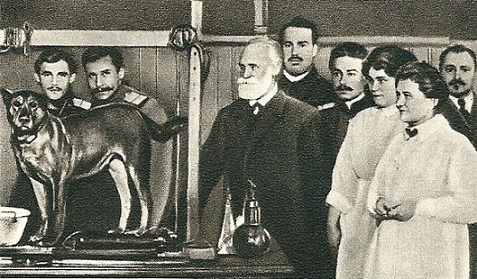Two of the dumbest concepts in dog training have roots in the same thing – ignorance. Here’s how it works.
You don’t know how to control a behavior problem. Meaning you are incapable of working on a specific behavior and eliminating it or putting it ‘on cue’.
Your knee-jerk solution becomes 1) Exercise and 2) Redirection/teach an alternate behavior.
Continue reading

